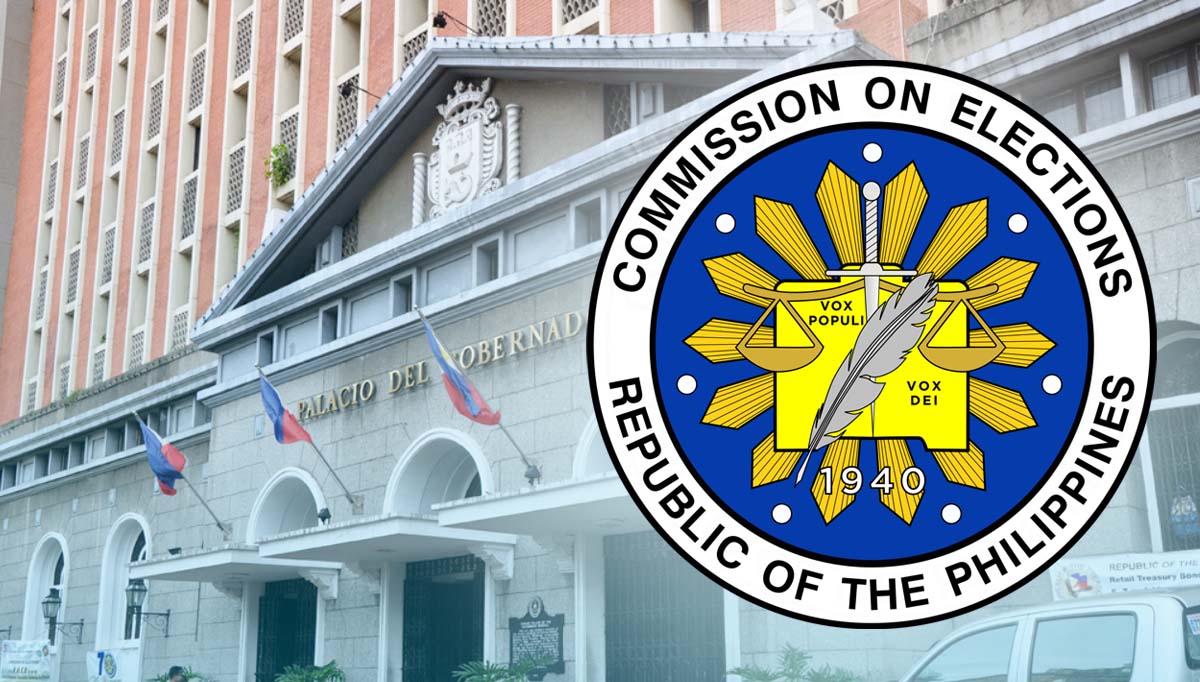Comelec probes campaign violations during Holy Week
MANILA, Philippines — The Commission on Elections (Comelec) is investigating reports of “massive” campaign activities conducted on Maundy Thursday and Good Friday despite a prohibition.
Comelec Chair George Garcia ordered local offices of the poll body to probe candidates who were found to have waged their campaign offline and online during these two days of Holy Week, despite repeated warnings from authorities.
“The law is very clear that any campaign activity is prohibited [on Holy Thursday, April 17, and Good Friday, April 18]. They were too impatient,” he said in a radio interview on Sunday.
READ: Comelec: Campaigning on Maundy Thursday, Good Friday may lead to DQ
“Many of these candidates used their social media platform[s] extensively on those two days. The question now is whether that constitutes a violation of the Holy Week campaign prohibition,” Garcia added.
4 bets monitored
He did not give further details but mentioned they monitored at least four candidates who violated the campaign ban.
Under Section 5 of Republic Act No. 7166, or the Synchronized National and Local Elections Act, as cited under Comelec Resolution No. 11086, besides Maundy Thursday and Good Friday, it is illegal for any person or political party to engage in an election campaign or partisan political activity on the eve of (May 11) and on election day (May 12).
Violating the prohibition may be considered an election offense punishable under Sections 263 and 264 of the Omnibus Election Code.
According to Garcia, if found guilty, illegal campaigners shall be charged with an election offense, which is punishable by imprisonment up to six years without probation, perpetual disqualification from holding public office and deprivation of the right to vote.
He warned violators that election offenses have a prescription period of five years, meaning they could still be filed with the court even after the elections. Even if the violators win the 2025 elections, the Comelec can suspend their proclamation, which prevents them from holding public office.
The poll body, through Resolution No. 11064, has regulated social media platforms for the 2025 elections—a first in election history—to put a stop to the propagation of misinformation and disinformation and level the playing field in online campaigning.
Garcia stressed it would be best if the Omnibus Election Code, a law enacted in 1985, were amended to give more powers to the Comelec to regulate online campaigning.
“When the [Omnibus Election Code] was passed, the Internet was still not widely used. We need to update our law. Violating candidates may argue that they are only using their social media not to campaign but as a form of self-expression, but we know that their true purpose is to promote themselves,” he said.
Garcia previously reminded candidates that campaign activities such as offering food and drinks after the “Pabasa” (Reading of the Passion), and organizing games or basketball tournaments were prohibited during Maundy Thursday and Good Friday.
While participating in religious activities is allowed, such involvement must remain nonpartisan.



















